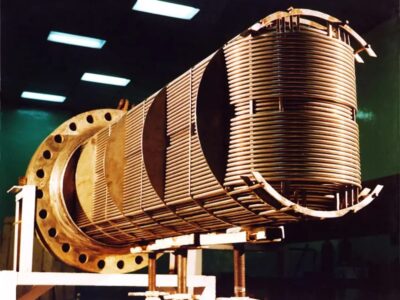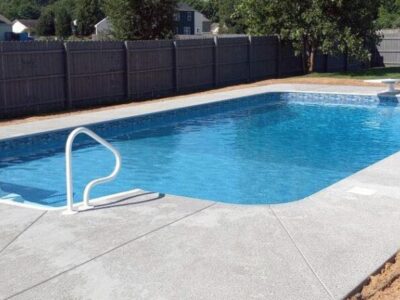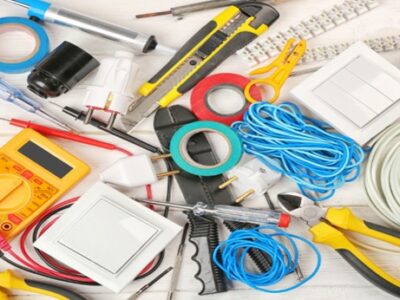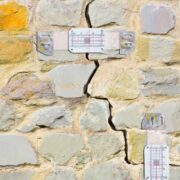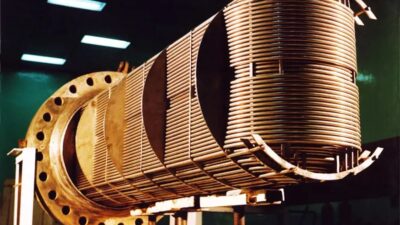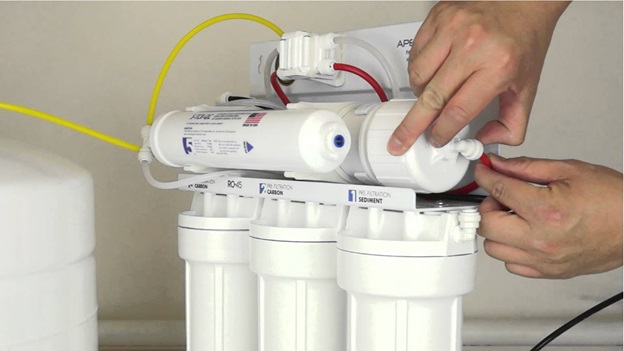

When purchasing water filters for your home or office, there are multiple options available to you concerning what type of water filtration system you should purchase. Some of these systems include reverse osmosis, carbon block, and ion exchange. These are all effective methods of filtering your drinking water, but how often should you replace your filters? Each method of water filtration has its own advantages and disadvantages. In this article, we will discuss how often you should replace your filters, and why it is important to do so.
Reverse osmosis is probably one of the oldest methods of filtration available on the market. It is also the most cost-effective method, however, it tends to not remove many contaminants, especially chemical contaminants. A countertop water filter from Pure Blue H2O LLC may help to remove some contaminants, but the company does not recommend the use of their filters on kitchen or bath floors. The reason is that the tiny pores in these areas tend to trap tiny contaminants, including those that are smaller than the holes in reverse osmosis filters. The larger water molecules will simply pass through the filter.
Another type of filtration includes a carbon block filter, which is a great option if you have a lot of sediment in your water. The only drawback is that it usually costs more than reverse osmosis, but it actually works better at removing sediment and larger contaminants. Carbon block filters also last longer than RO filters, making them an excellent investment over time. They do, however, require replacement filters from time to time. RO is also effective at removing large particulates, but the membranes tend to be permeable and trap tiny contaminants as well. If you have large particles in your drinking water, you may need to have a carbon block water filtration system along with a reverse osmosis unit for maximum effectiveness.
Pre-filters are a great option if you want to get the most benefit out of your filtering system. These pre-filters do not have the filters themselves on the inside of the unit, but rather on the outside. This allows them to work more effectively than RO or sub-micron filters because they are better at trapping small particles, removing sediment, and generally providing better taste and odor. The cost of pre-filters varies greatly, depending on the type and size of the particle that you are trying to remove.
A filtering system that uses pre-filters is probably best if you have a lot of sediment in your drinking water because then you can rely on the effectiveness of these filters. Activated carbon filtration has become very popular recently, and many brands use this technology to reduce the number of particles and chemicals in the water that may cause health problems. However, it can remove some harmful substances from drinking water as well, so it is important to understand how these filters work. Activated carbon filters can remove various contaminants including herbicides, pesticides, chlorine, benzene, radon, lead, cysts, bacteria, THMs, VOCs, TCE, and other contaminants.
The final type of filtration that you may want to consider is carbon granules. Carbon granules have become popular recently because they show promise as being able to keep your filter lasts longer. One problem with filters that use carbon granules is that the filter does not remove particles until the granules are too large to be effectively removing them. Carbon granules have a much higher rejection rate than the other types of filtration that we have talked about here, but they do have the advantage of being relatively inexpensive and easy to replace.
This post was written by a water treatment expert at Pure Blue H2O. At Pure Blue H2O we are the providers of the best ro filter replacement! We know that the best product comes from the best materials. They offer whole home water solutions such as reverse osmosis systems, shower head filtration, filter replacements, and a variety of similar products. Their focus is to provide Americans with safe and clean water throughout the home.

